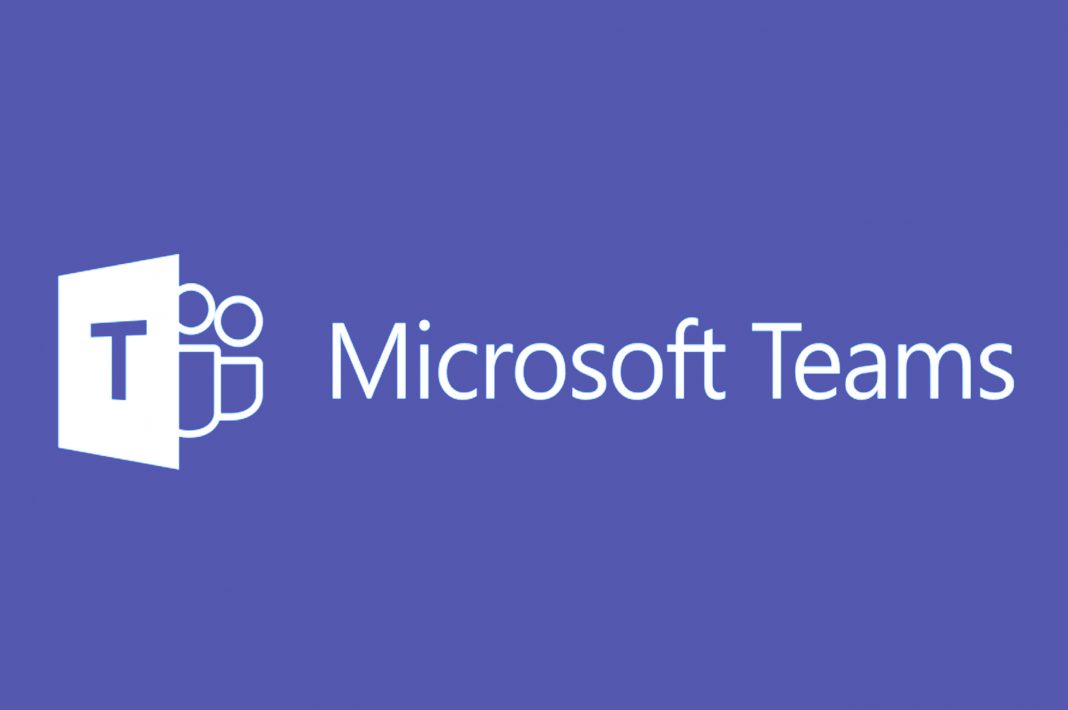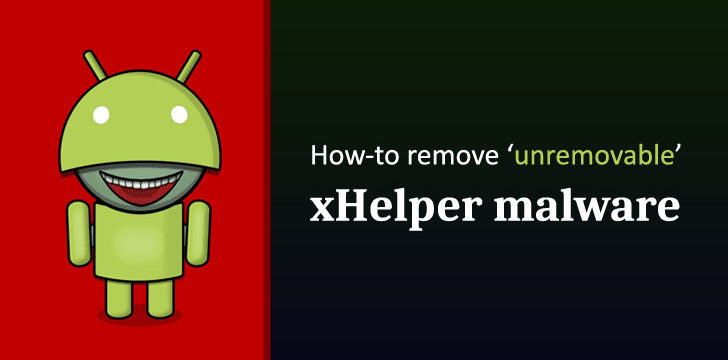Less than a month after it postponed the end of support for some Windows 10 1709 versions, Microsoft is doing the same for Windows 10 1809, the feature update to Windows 10 released in the fall of 2018. In the case of Windows 10 1809, however, the delay affects more of the available SKUs.
Microsoft is attributing the Windows 10 1809 support extension to the “current public health situation,” a k a the COVID-19 coronavirus pandemic.
Microsoft posted an update to its support site on April 14 which states that the final security update for Windows 10 1809 Home, Pro, Pro Education, Pro for Workstation and IoT Core all will be released on November 10, 2020, instead of May 12, 2020. The update also says:
“In addition, we are temporarily pausing Microsoft initiated feature updates for Home and Pro editions running on version 1809. The rollout process restart for Microsoft-initiated feature updates for devices running on Windows 10, version 1809 will be dramatically slowed and closely monitored in advance of the delayed November 10, 2020 end of service date to provide adequate time for a smooth update process. See Windows Message Center for more information.”
Microsoft similarly is postponing the final security update for Windows Server 1809 (Datacenter and Standard) from May 12 to November 10, the support post notes.
It also is pushing back end of support dates for Configuration Manager 1810 (from May 27 to December 1); SharePoint Server 2010, SharePoint Foundation 2010 and Project Server 2010 (from October 13, 2020 to April 13, 2021); and Dynamics 365 Customer Engagement legacy web client (from October to December 2020).
On March 19, Microsoft announcement it would delay the scheduled end of service date for the Enterprise, Education, and IoT Enterprise editions of Windows 10, version 1709 from April 14, 2020 to October 13, 2020.



